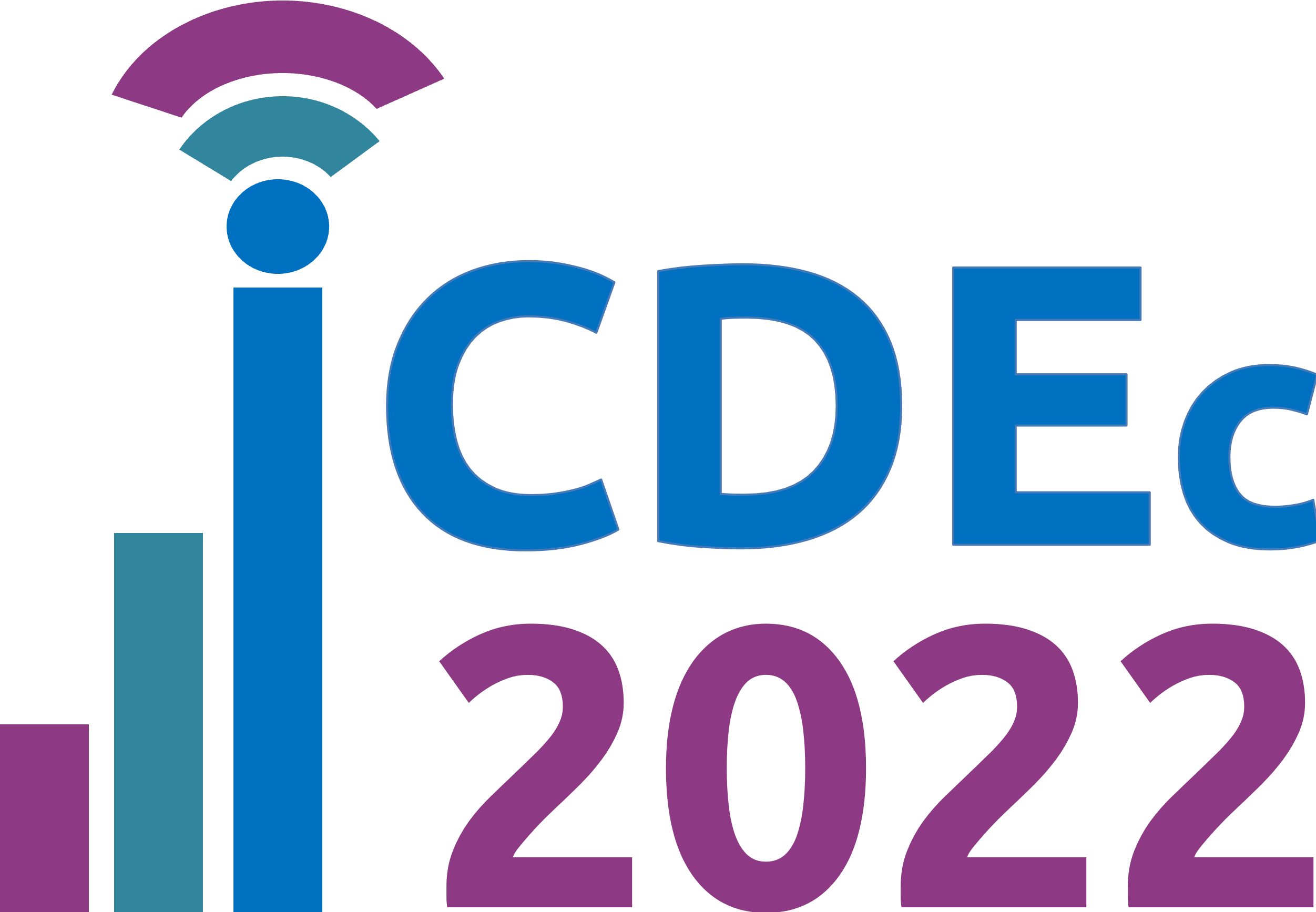Mapping a sustainable innovative future is an ideal for human life.
Nowadays, we had passed the 4 waves/ages. Before 1970 various businesses could affect technologies. Since we reached the 70ies the technologies and IoT became able to change and improve the businesses, even our lives. In the 21st century, as jobs D3 revolutions include digitalization, decarbonization and decentralization are running in most of the businesses, we are facing a new generation of fast processing, including decision making of machines instead of humans and due to the covid-19 pandemic arising in last 2 years the face of the world and many lifestyles has been changed that the people are staying at home and doing their jobs through internet and online processing than past that is also including entertainment and hobbies plans. So, in this regard, it seems simultaneous with the arising of intelligent networks that Artificial Intelligence (AI) appears in human communities more tangible and productive. IoT based economy/business make this engineering procedure faster, safer with higher productivity even possible. D3 revolutions and other new technologies as well as knowledge in combination of reality and virtual reality build a new concept named Hybrid SMEs/SME 5.0 changes the paradigm from traditional to modern to get prepared for the future concern.
These technologies would create smart business; however, barriers cause challenges to apply these IoT technologies and create modern areas. It is required to indicate these barriers and find out solutions to apply them. Based on the 5th wave theory, tomorrow's crises have been discussed that in our world of that technology development and rapid growing made ever quickening change, the human mind is threatened by shattering. Proper solutions and policies could make educators to deal with new challenges for the future life. This theory could be a comprehensive strategy to find out solutions to deal with such challenges, even to tackle tomorrow's crises for mapping a sustainable innovative future. It is vital to deal with them to maintain the nature and humanity. The theory illustrates the educational SMEs from SME 3.0 to SME 5.0 which we call it Tomorrow's SMEs. It has been invented by Prof. Doost-theoretician (2010-17) and it is about proceeding of future of I4.0 and future of Society5.0 and edge of tomorrow which is mentioned from 2020-2030. Modern SMEs that are not only concerned on business, but also CSR, CSE and CGS strategies, improving sustainability. This SME 5.0 is a concept though the 5th wave theory which is a kind of 7PS sustainability with seven pillars of sustainability based on being to make the word as a better place for living. Seven Pillars of Sustainability Model 7PS model
which is focusing on seven pillars of sustainability, that seven pillars are required to develop sustainability and prioritized them, in order and as follows:
- Cultural
- Environmental
- Social
- Economy
- Technical
- Educational
- Political
